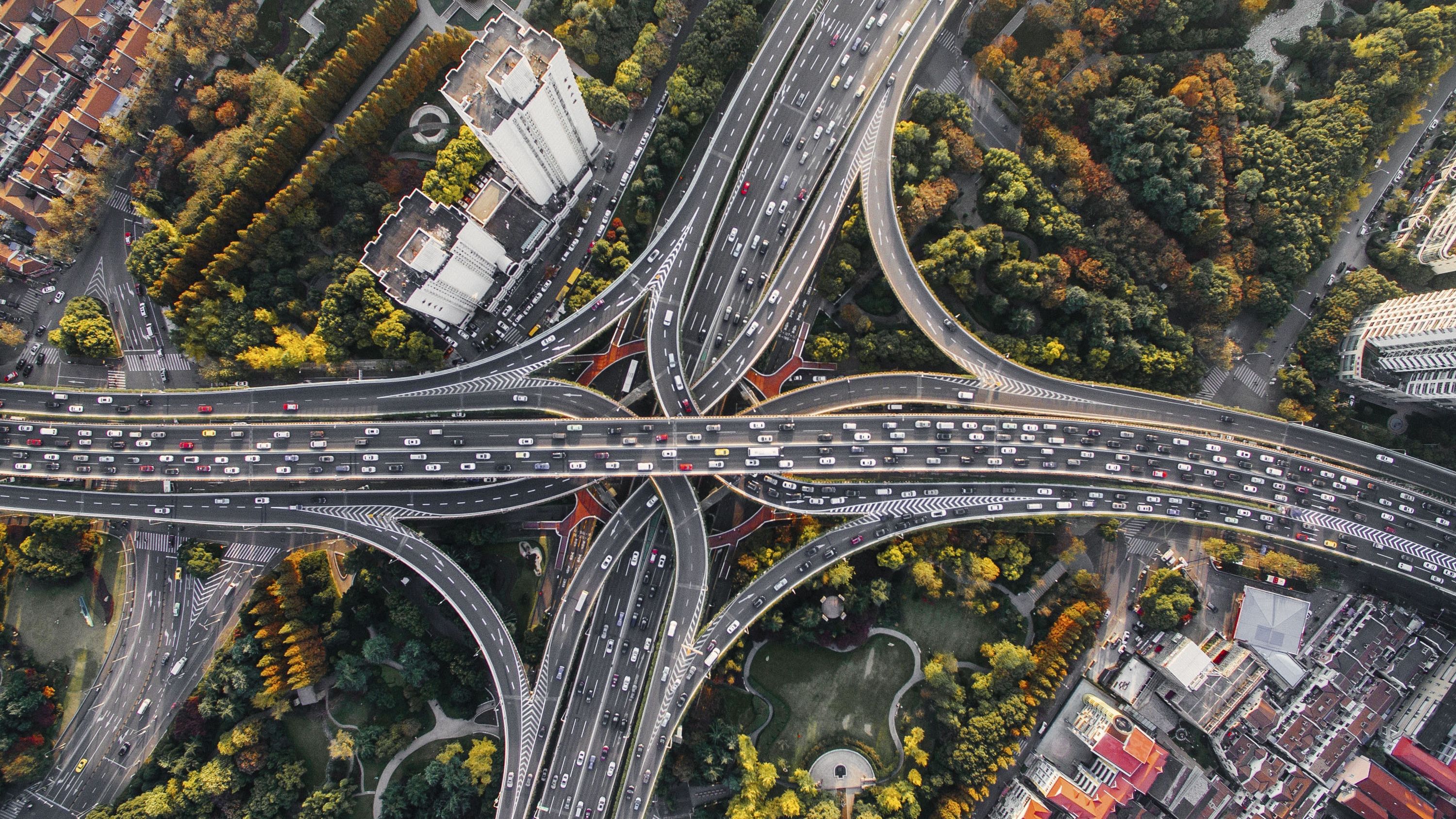Chinese state planners have announced that the nation aims to have half of its new cars equipped with artificial intelligence by the year 2020. The announcement comes amid China's plans to ramp up connected car and AI technology over the next decade.
Continue reading for the full story.
The Full Story
As the world probes the new and exciting possibilities granted by rapidly accelerating technological advances, some countries are taking the initiative and actively pursuing the integration of these technologies directly into society at large. China seems to be one of the most active in this area, recently announcing its plans to integrate artificial intelligence (AI) into at least half of all new cars in the next two years. In addition to adding AI to cars, China's plans also include a massive wireless data network spread across the majority of the nation's roads (upwards of 90 percent), thus enabling a more widespread utilization of connected vehicle technology.
China is looking to grow its artificial technology industries massively in the next decade, with smart cars playing a major role in that growth. The plan is to become a leader in artificial intelligence by the year 2025, as well as establish a reputation for producing smart cars by 2035.
AI and smart cars are particularly well-suited for a country China, which boasts a considerable number of ultra-dense “Mega Cities” within its borders. With so many people packed into such a small area, plus growing demand for personal transport, technologies like AI and smart cars become almost a necessity.
Obviously, AI is well-suited for autonomous drive systems, allowing cars to “learn” as they drive, creating an archive of information on driving conditions, driving techniques, maps, and possible scenarios to anticipate in the future. The data can then be used to compile a self-driving car program (software) worthy of taking the wheel full-time.
Furthermore, AI-equipped cars are potentially safer, more efficient, and even more entertaining. With predicative AI, a car will be able to anticipate dangerous scenarios, either reducing the impact of a collision or avoiding it all together. Connected cars will also be able to wirelessly “communicate” with one another, sending warnings downstream about poor road conditions, congestion, and more. Plus, if a car is driving itself, that affords more time for the humans in the cockpit to do... well, whatever they want.
However, like all things, there are some drawbacks to an AI car. First off, adding new algorithms and equipment can get expensive, especially when you start talking about bolting in the components needed for full autonomy, such as lidar, radar, camera systems, and the like. What's more, the integration of non-AI cars (that is, cars driven by humans) with fleets of AI cars can get messy, with tons of new and changing variables putting immense pressure on both the machines and the humans, possibly even reducing safety in the short term. Finally, like any connected system, AI-equipped cars can get hacked, leading to concerns of mischief and even terrorism threats.
Either way, it'll be interesting to see what sort of advances China can implement in such a small time frame. Two years seems like a rather ambitious goal for equipping half all new cars with AI, but who knows – maybe it'll happen.
Don't forget to follow TopSpeed as we delve into any and all car-related news coming from the 2018 Consumer Electronics Show.
References
Read more technology news.
Read more CES news.
Read our full review on the 2020 Project Redspace.

